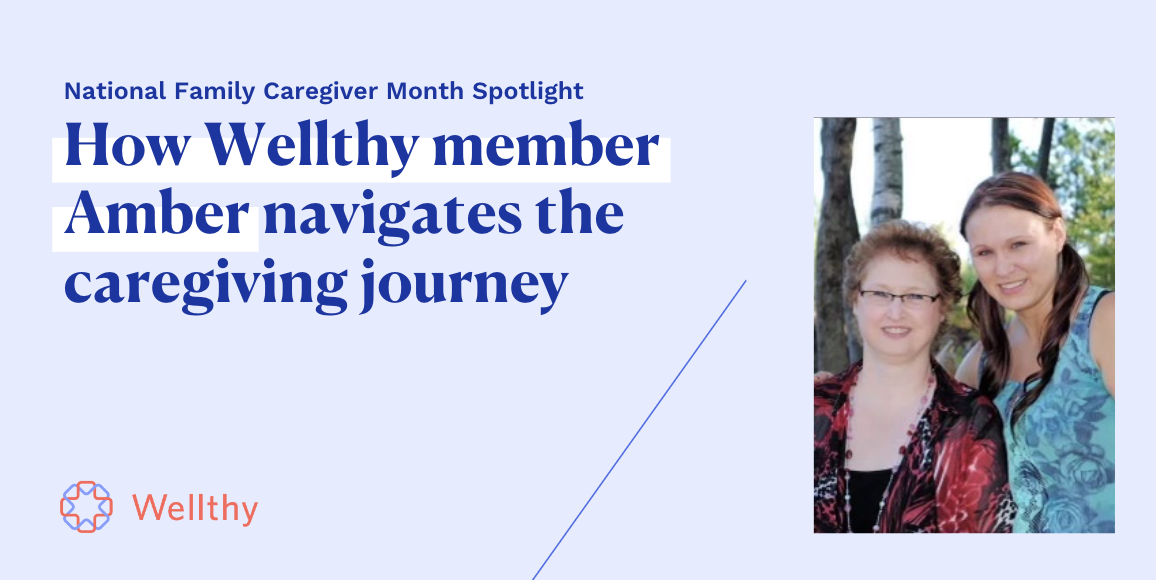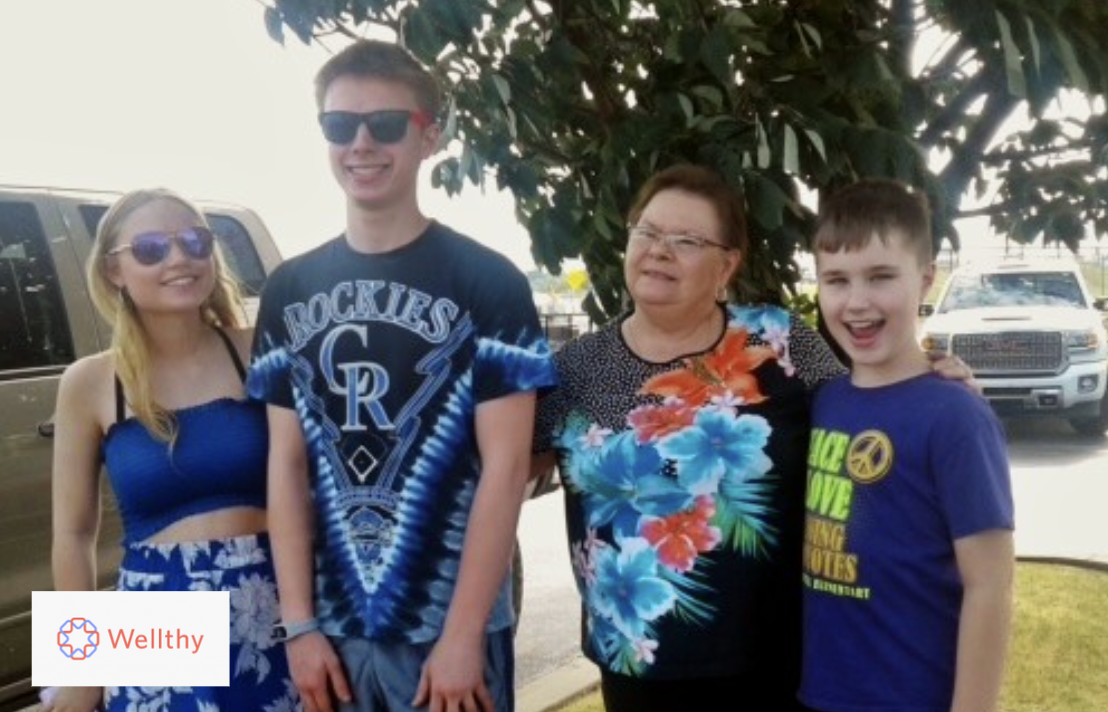Exercising the mind as we get older is just as important as maintaining our physical strength and health. Similar to movement benefitting our body and muscles, mental exercises play a crucial role in supporting brain functionality. Simple activities like board games, meaningful socialization, and daily movement can help our aging loved ones keep their minds sharp and slow down the process of cognitive decline.
In honor of Alzheimer’s and Brain Awareness Month, Wellthy’s care experts have shared their favorite (and fun!) activities to keep the brain engaged as we get older.
Playing brain games
Studies have shown that playing games can have positive benefits for brain development and strength for people of all ages. Not only are they an excellent way of boosting cognition and memory - but they also provide our older loved ones with companionship and entertainment. Games like Sudoku, cards, jigsaw puzzles, and Scrabble are a great way to stimulate the brain while having fun doing it.
Learning a new skill
Our brain is a muscle. The more we use it, the stronger it becomes! Learning a new skill or hobby is a fun way to flex our brain muscles. While taking a class may be an option for some, learning a new skill doesn’t have to be done formally to reap the benefits. Practicing new forms of arts and crafts, watching online cooking tutorials, or reading about local bird species to watch for them outside are all great examples of ways older people can learn new skills.
Having thoughtful conversations
Healthy relationships are necessary at every age, but the importance of socialization for older populations cannot be stressed enough. Having positive social interactions helps keep those who are aging stimulated, mentally sharp, and intellectually engaged. Whether it’s recalling favorite memories with a loved one or getting to know a new neighbor, having meaningful conversations keeps the brain engaged.
Listening to favorite songs
The connection between music and memories is a powerful one. The medial prefrontal cortex part of the brain is a center that connects sounds, emotions, and memories. For this reason, listening to the right songs or music genre can help combat anxiety, agitation, and stress while triggering positive memories and feelings. So turn on an old favorite CD or playlist for your loved one and let the music transport them!
Prioritizing daily movement
When we move our bodies and increase our heart rates, more oxygen is pumped to the brain, promoting cognitive function and working memory for aging adults. Additionally, incorporating various types of movement into a routine will strengthen these benefits. This may look like taking a new route on a daily walk or participating in exercises like aerobics or chair yoga.







